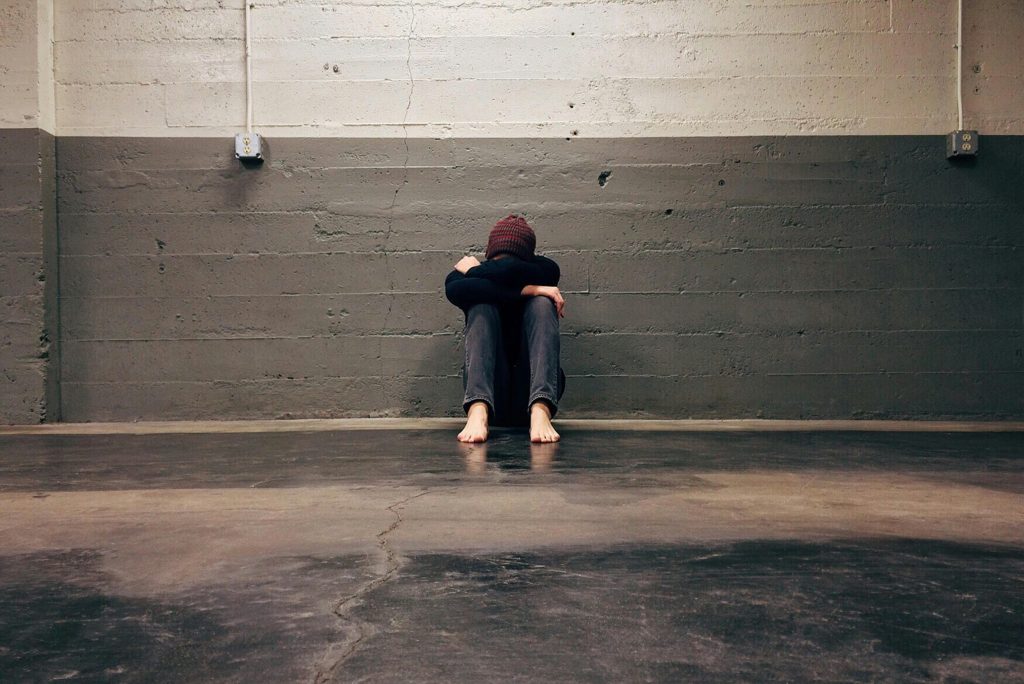Depression and anxiety create a never-ending cycle. Clouds your everyday life with worry, fear, and exhaustion. Traditional treatments, like medication and therapy are only one of the options available today. There is a growing interest in alternative approaches. Ones that address more than just symptoms. Let’s explore natural remedies, lifestyle changes, and the potential of psychedelics like psilocybin for relief.
Understanding Depression and Anxiety
What makes depression different from anxiety? While both conditions involve emotional distress, depression is often marked by persistent sadness and loss of interest. Anxiety brings excessive worry and restlessness. Understanding these distinctions can help individuals find more effective coping strategies.
Depression is more than a simple sadness—it can cause fatigue, hopelessness, and a loss of interest in things once enjoyed. Anxiety brings constant worry, restlessness, and sometimes panic attacks. Both conditions link to brain chemistry, stress, and personal experiences.
While antidepressants and therapy remain the most common treatments, many people seek alternatives. Ones without side effects or a desire for a more natural approach.
Lifestyle Changes for Mental Well-being
Can changing your diet improve mental health? Research suggests that eating nutrient-rich foods can positively impact mood and cognitive function. For example, Omega-3 fatty acids and antioxidants can help reduce inflammation and support brain health.
1. Diet and Nutrition
Eating a well-balanced diet rich in essential nutrients regulates mood. Foods high in Omega-3 fatty acids (like salmon and walnuts), magnesium (leafy greens, nuts), and antioxidants (berries, dark chocolate) can reduce anxiety and depression.
2. Physical Activity and Mindfulness
Exercising releases endorphins—natural mood boosters. Studies show that just 30 minutes of physical activity a few times a week can significantly improve mood and lower anxiety. Practices like yoga and meditation also promote relaxation and emotional resilience.
3. Sleep and Stress Management
Poor sleep harms mental health, preventing people from breaking the cycle. A regular sleep schedule, limiting screen time before bed, and relaxation techniques can improve both sleep quality and mood.
The Potential of Psilocybin for Mental Health
How does psilocybin change brain function? Scientists have found that psilocybin promotes neuroplasticity. Meaning it helps the brain form new connections. This can lead to a reset in negative thought patterns, offering hope to those with treatment-resistant depression.
Researchers are studying psilocybin, the active compound in magic mushrooms. It has potential to help with depression and anxiety. Especially for people who resist traditional treatments. Research shows that psilocybin therapy can:
- Reset negative thought patterns by altering brain connectivity.
- Promote emotional breakthroughs, allowing individuals to confront and process trauma.
- Reduce symptoms of anxiety and depression with long-lasting effects after one or two sessions.
A 2022 study from Johns Hopkins University found that a single high dose of psilocybin, combined with therapy, led to sustained relief from depression for up to a year in many participants.
Microdosing Mushrooms: A Gentler Approach
Microdosing mushrooms means taking very small amounts of psilocybin. Enough to feel subtle effects without hallucinations. Many people say it helps them feel happier, more creative, and better at handling emotions. Instead of a full psychedelic trip, microdosing provides a gentle boost to mood and focus.
Early research suggests that microdosing may help the brain form new connections. Process called neuroplasticity. This could make it easier for people to break free from negative thinking patterns linked to anxiety and depression. Some users report feeling more motivated and less stressed. Scientists are still studying its long-term effects.
Important Considerations
Psilocybin research shows promise, but consider these important points:
- It remains illegal in many places, though decriminalization efforts are growing.
- Professional guidance is essential to ensure safety and maximize benefits.
- Psychedelic therapy may not be suitable for everyone, particularly those with a history of psychosis.
Moving Forward: A Balanced Approach
Combining natural remedies, therapy, and lifestyle changes offers the most well-rounded path to mental well-being. Try healing through diet, exercise, meditation, or natural therapies like psilocybin. Individuals today have more options than ever to find relief and regain control over their mental health.
Sources:
- Hopkins Medicine (2022). “Psilocybin Treatment for Major Depression Effective for Up to a Year for Most Patients.” https://www.hopkinsmedicine.org/news/newsroom/news-releases/2022/02/psilocybin-treatment-for-major-depression-effective-for-up-to-a-year-for-most-patients-study-shows.
- JAMA Psychiatry (2024). “Efficacy of Psilocybin for Depression: A Randomized Clinical Trial.” https://jamanetwork.com/journals/jama/fullarticle/2808950.
